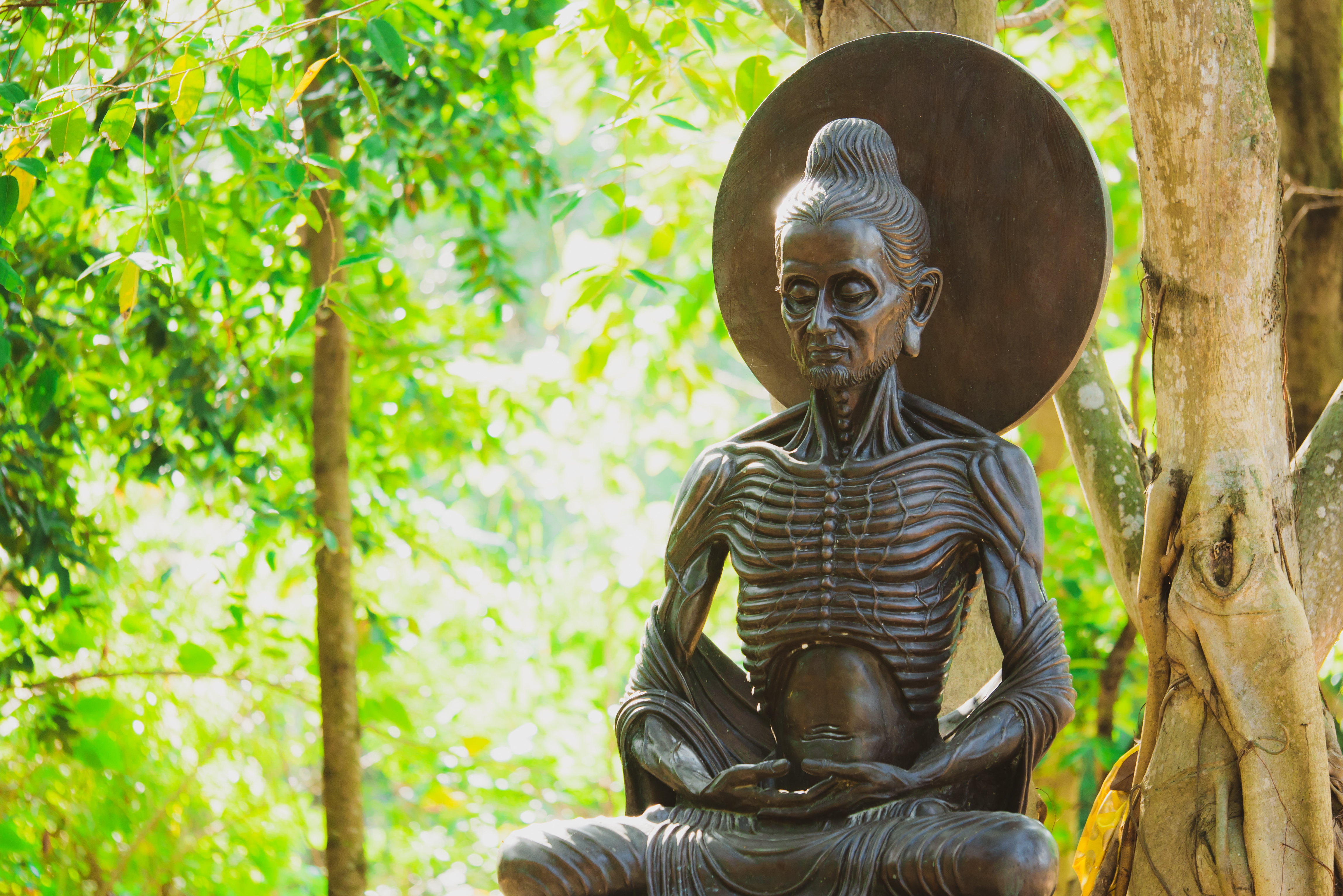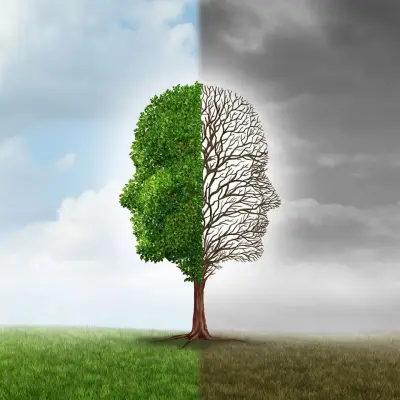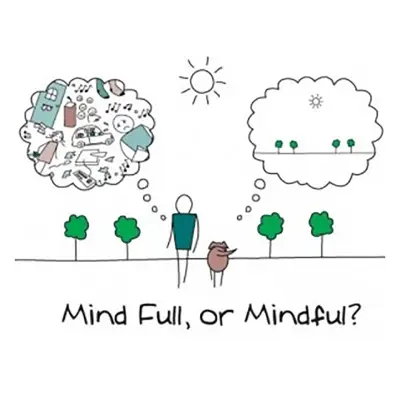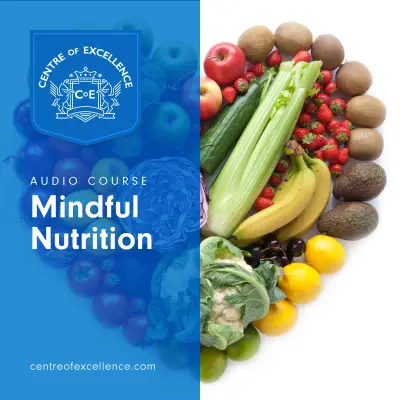With its rich history and deep philosophy, Buddhism provides a unique perspective on life and the path to inner peace. Central to its teachings are the Four Noble Truths, which form the cornerstone of Buddhist beliefs and practices. These truths offer insights into the nature of suffering and the road to its cessation.
Jump to:
Recommended for you!
Best Sellers1. What is the First Noble Truth in Buddhism?
Dukkha - The Truth of Suffering
The first noble truth in Buddhism acknowledges Dukkha, which is often translated as suffering. However, Dukkha is a concept that extends beyond mere suffering:
- The Meaning of Dukkha: While commonly associated with suffering, Dukkha in Buddhism refers to a range of unsatisfactory or imperfect experiences, capturing the essence of life's challenges. This truth is not intended to promote a negative view of life. Instead, it encourages an honest acceptance of life's realities, including discomforts, stresses, and dissatisfactions.
- Sources of Dukkha: Various aspects of life contribute to the experience of Dukkha, including physical discomfort and pain, emotional distress, such as sadness, fear, and anger, existential challenges, and the unfulfilling pursuit of fleeting pleasures. Your reaction to life's events also influences your experience of Dukkha.
- Acceptance and Empowerment: By acknowledging and understanding Dukkha, you gain the wisdom to navigate life's complexities. This awareness is empowering, leading you toward a path of spiritual awakening.
- Foundation for Further Exploration: Acceptance of Dukkha sets the stage for engaging with the other Noble Truths. It is the starting point for a journey towards understanding the causes of suffering and how to overcome them.

2. What is the Second Noble Truth in Buddhism?
Desire, Attachment, and Aversion - The Roots of Suffering
The second Noble Truth in Buddhism delves into the causes of suffering. It suggests that the root causes of suffering are desire, attachment, and aversion:
- The Role of Desire and Attachment: This truth highlights how our desires and attachments directly cause suffering, from craving sensory pleasures to emotional dependencies and material aspirations. When we cling to these desires and expectations, we set ourselves up for disappointment and dissatisfaction.
- Aversion as a Source of Suffering: Alongside desire, aversion contributes significantly to suffering. When you resist unpleasant experiences, avoid challenging situations, and fear change, you limit your experiences and foster a life constrained by fear and resistance.
- The Self-Created Cycle of Suffering: suffering is often a cycle of clinging to temporary joys and avoiding discomfort. This cycle is driven by the mistaken belief that happiness can be found in the temporary and that we can avoid all forms of discomfort.
- Misinterpretation of Experiences: It's important to understand that it's not the experiences themselves that cause suffering but your reactions to them. Pain often arises from expecting impermanence to be permanent and seeking fulfilment in fleeting moments. Everything, including experiences, relationships, and possessions, is temporary. A key to understanding this truth is accepting the impermanent nature of life.
- Empowerment Through Understanding: Realising the roots of your suffering can be empowering. It encourages a shift in perspective, fostering a more balanced and realistic approach to life. By acknowledging and addressing these causes, you can begin the journey towards liberation. This involves practising mindfulness to recognise your desires and aversions and letting go of unhealthy attachments.

3. What is the Third Noble Truth in Buddhism?
The Pathway to Liberation - Overcoming Suffering
The third Noble Truth in Buddhism brings a message of hope. It emphasises that by letting go of the attachments and aversions, you open the door to a state of freedom and peace:
- Beyond Attachment and Aversion: Overcoming suffering involves moving beyond patterns of clinging and resisting. This end to suffering doesn’t mean becoming indifferent or unfeeling. Rather, it’s about achieving a balanced state of mind where you can experience emotions and events without being overwhelmed.
- Inner Peace and Contentment: The third Noble Truth teaches that true happiness and fulfilment are internal states independent of external conditions. It's a call to look inward for the sources of true happiness rather than seeking it in external, impermanent sources.
- Empowerment Through Inner Transformation: Recognising the possibility of ending suffering encourages a journey of inner transformation. This journey involves learning deeper self-awareness and understanding, leading to deep personal change.
4. What is the Fourth Noble Truth in Buddhism?
The Eightfold Path - Ending Suffering
The fourth Noble Truth in Buddhism introduces the Eightfold Path, a comprehensive guide to ending suffering and achieving liberation. The Eightfold Path offers a practical framework for ethical and mental development. It's a roadmap to free people from attachments and delusions, guiding them towards a life of understanding, compassion, and love. This path is made up of eight interconnected aspects:
- Right Understanding: Developing a deep understanding of the Four Noble Truths.
- Right Intention: Setting intentions of goodwill and harmlessness.
- Right Speech: Engaging in truthful, harmonious, and beneficial communication.
- Right Action: Acting in ways that are ethical and non-harmful to others.
- Right Livelihood: Choosing a profession or occupation that is beneficial to society.
- Right Effort: Working to adopt beneficial qualities and abandon harmful ones.
- Right Mindfulness: Practising mindful awareness of the body, feelings, mind, and events.
- Right Concentration: Developing deep concentration through practices like meditation, leading to mental clarity and insight.
As you progress along the path, your grip of attachments loosens, and a sense of true freedom emerges. The principles of the Eightfold Path apply universally, offering guidance for a meaningful and fulfilling life, regardless of your cultural or religious background.

Study Buddhism for £29
If you're captivated by the teachings of Buddhism and seek a deeper understanding, our Buddhism Diploma Course is an excellent resource. This course extensively explores Buddhist teachings, philosophy, and practices.
What You'll Gain:
- In-depth Exploration of Buddhism: Dive deep into the core teachings of Buddhism, including the Four Noble Truths, the Eightfold Path, and meditation practices. Gain a comprehensive understanding of these ancient wisdoms and how they apply to modern life.
- Cultural and Historical Contexts: Discover Buddhism's rich history and cultural impact across different societies. Understand how Buddhism has shaped and been shaped by the cultures it has touched.
- Personal Growth and Insight: Learn how Buddhist principles can be applied to personal development. Explore mindfulness, compassion, and ethical living, and see how these practices can enhance your life and wellbeing.
- Skills for Life: Develop mindfulness, meditation, and ethical decision-making skills. These tools can be applied in everyday life, leading to a more peaceful and fulfilling existence.
Special Offer:
We're thrilled to extend an exclusive offer for our Buddhism Diploma Course at the remarkable price of just £29 – saving you over £100! Whether you're a spiritual seeker, a student of philosophy, or simply curious about this ancient tradition, this course offers valuable insights and transformative experiences.














